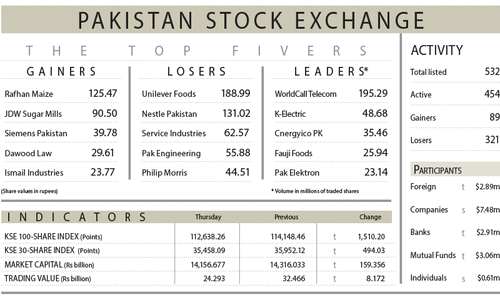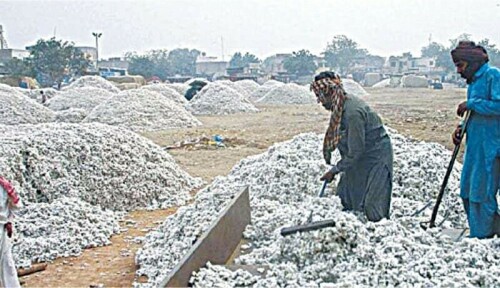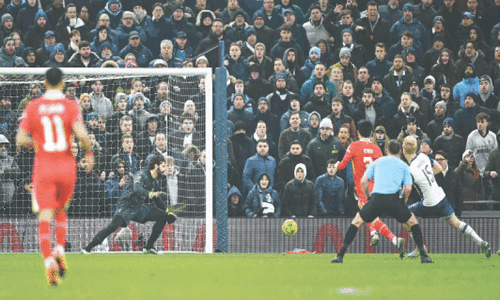KARACHI, Sept 5: Pakistan needs “substantial external financing” to stabilise its economy and rebuild fast-shrinking foreign currency reserves, a senior IMF official said.
The economy has been hard-hit by soaring world prices for oil and food, which have cut the reserves to a six-year low and pushed the rupee down a fifth against the dollar this year alone.
IMF Director of the Middle East and Central Asia Department Mohsin Khan said Pakistan’s five-month-old government was preparing its own strategy to steer the economy away from the rocks and had not requested a fund programme.
In an email reply to Reuters received on Friday, Khan said he had yet to see all the details of the Pakistani strategy, but it had outlined its plan to raise funds and put finances in order.
“They are looking at accelerating privatisation, obtaining donors’ support, and tapping the international markets by issuing GDRs (global depository receipts) and exchangeable bonds,” he said.
Khan said the strategy included letting interest rates rise if necessary, allowing greater exchange rate flexibility, reducing the fiscal deficit and cutting government borrowing.
The government has said it will cut quarterly net borrowing from the central bank to zero, in order to help control inflation already running at close to 25 per cent.“If the measures outlined in the comprehensive policy strategy are implemented, and sufficient financing is secured quickly, the Pakistani economic authorities could stabilise the economy this year and start to build up reserves,” Khan said.
Investors dislike so many ifs, and the international bond market has been pricing in the risk of Pakistan defaulting on its debt early next year. Currency reserves have been falling at a rate of around $800 million a month since peaking last October.
Some bankers have suggested that the civilian government should turn to the IMF for support.
Because of Pakistan’s frontline role in fighting terrorism and backing for the NATO mission in Afghanistan, bankers anticipate international help to avert a default and a balance of payments crisis.
The US and other friendly governments have a stake in seeing Pakistan’s transition to democracy succeed after nine years under former president and army chief Pervez Musharraf.
Pakistan was being bailed out by the IMF when Musharraf took over in a coup in 1999, and over the last six years it underwent a remarkable turnaround to become one of the world’s fastest growing economies, albeit off a low base.
Between 1999 and early this year, the Karachi stock market’s main index rose close to 1,000 per cent.
But in 2007, as Musharraf’s grip on power began to slip, the fiscal and balance of payments deficits deteriorated largely as a result of policy paralysis in the face of soaring world prices for oil and food.—Reuters















































Dear visitor, the comments section is undergoing an overhaul and will return soon.